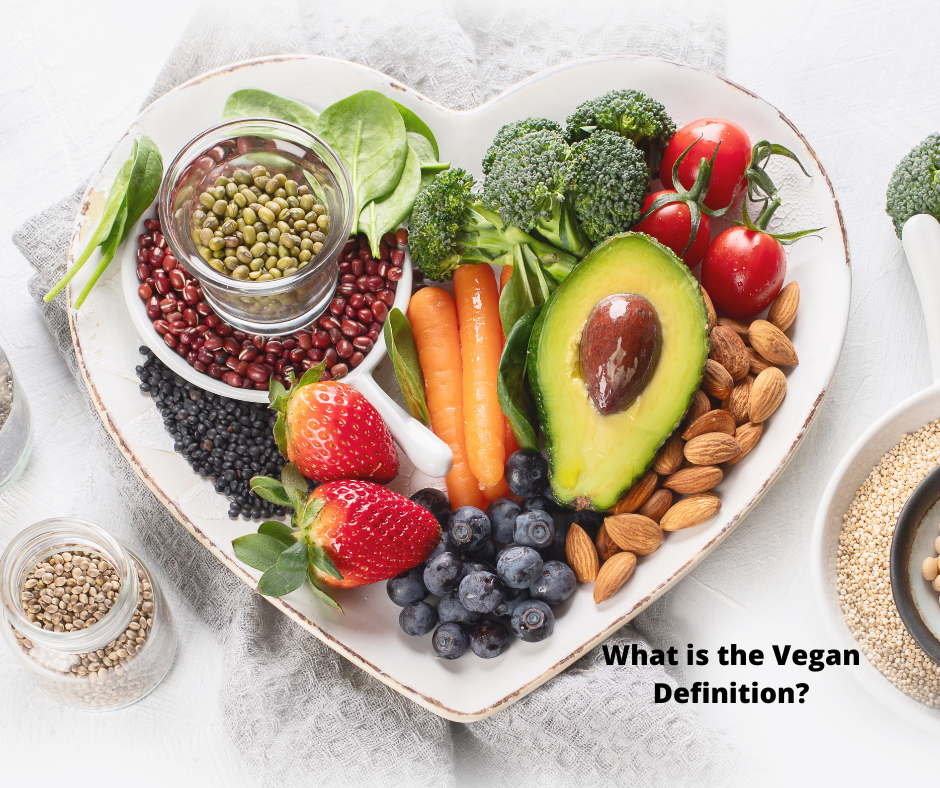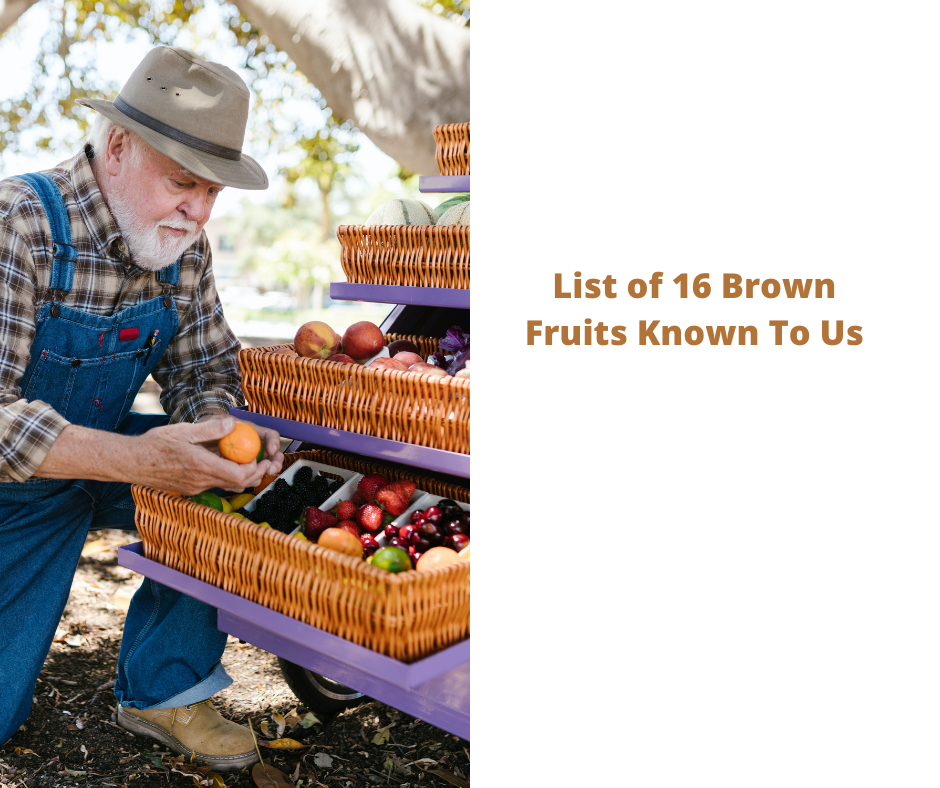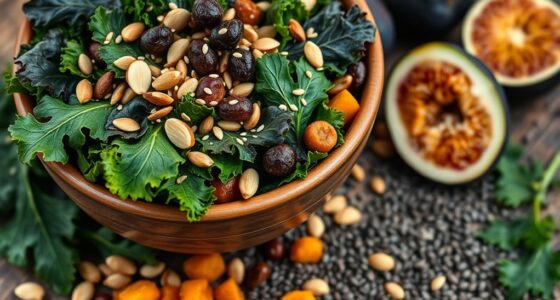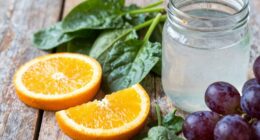Embracing veganism is a transformative experience. It’s not just about cutting out meat and dairy from what you eat—it’s a chance to discover new ways of cooking, try out ingredients you’ve never used before, and dive into the rich and flavorful world of plant-based foods.
It can be a challenge at first, but it’s also one of the most rewarding things you can do for your health, the environment, and the animals. So why not give it a try? You might be surprised at how delicious vegan food can be.
What is the Vegan Definition?
While vegetarians and vegans are similar in avoiding animal products, there are significant differences between the two. For one, vegetarians have fewer dietary restrictions than vegans, and vegans can eat meat, eggs, fish, dairy products, and eggs.
For another, vegetarians are more flexible and may purchase leather and fur. Nevertheless, both groups may be challenging to differentiate. Here are some common signs if you’re confused about the difference between vegetarians and vegans.
Vegans Avoid All Products Derived from Animals
Being vegan means avoiding animal-derived products, such as meat, dairy, eggs, honey, gelatin, and other related products. Vegans are committed to living a cruelty-free life, and many vegans choose to pursue their mission for ethical, environmental, and health reasons. Although vegans avoid the majority of products derived from animals, some products are not as easy to avoid as meat. For example, carmine, produced from ground cochineal scale insects, is used in many foods.
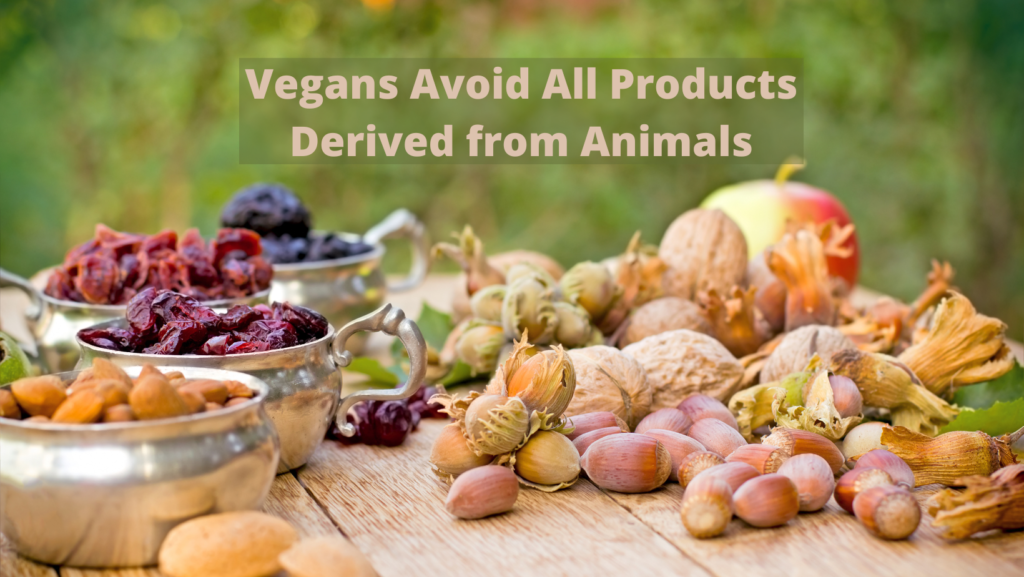
For example, some medicines are encapsulated in gelatin, made from animal bones, skin, ligaments, and other parts. In addition, many everyday products contain animal products, such as shampoo and cosmetics. While vegans strive to limit animal harm, avoiding all animal products entirely isn’t possible for everyone. This is why vegans consciously effortlessly restrict the number of products they use.
They Follow a Strict Form of Vegetarianism
The main goal of veganism is to avoid eating any products derived from animals. Many people who practice vegetarianism consider it more ethical than eating meat. Vegans emphasize the ethical treatment of animals, citing the cruel and often unnecessary practices used to raise livestock for food. However, even though vegetarianism is gaining popularity in the United States, most Americans still consume meat. Only five percent of Americans consider themselves vegetarian.
There are several benefits of eating a plant-based diet. Vegetarians are less likely to contract cancer than meat eaters, which is another critical benefit. Vegetarians also tend to live longer than meat-eaters, which is suitable for anyone concerned about their health. A study conducted in Germany revealed that vegans who eat mostly plant-based food for a long time live longer than meat-eaters. While the vegetarian mortality rate is higher than that of the general population, it is not the sole determinant.
They Avoid Animal Products in Their Diet
Several recent studies have demonstrated that vegans have lower mortality rates than non-vegetarians. For instance, the AHS-2 study found that vegan women had a 29% lower risk of ischaemic heart disease. A similar study, but with men, saw a 24% lower risk. So what is so great about a vegan diet? The most compelling reason to become a vegan is the possibility of reducing your risk of developing heart disease.
A vegan diet is entirely free from animal products, including flesh and by-products. That means no fish, poultry, or meat. Vegans also avoid carmine, made from the ground-up bodies of cochineal scale insects. Carmine is commonly used to color food but can also be used in other ways. For example, many people use carmine for cooking or making cosmetic products.
They Avoid Animal Products in Their Entertainment
For one, vegans do not patronize any form of animal entertainment. Animals can be used for other purposes, including entertainment and education. While there are some benefits to watching or participating in animal entertainment, it is still wrong to exploit animals for this purpose. However, vegans do not oppose these other forms of joy either. Here are some of how they can be of entertainment for people of all ages.
The main reasons vegans avoid animal products are the same as those for vegetarians: a higher bar is set for what constitutes acceptable animal products. They may use animal products only in extreme circumstances or when they have no alternative. However, vegans’ commitment to animal welfare extends beyond food, including animal products used in cosmetics, entertainment, and even entertainment. They use only vegan beauty products and only purchase cruelty-free beauty products.
Conclusion
A vegan definition is a person who follows a strict form of vegetarianism that avoids any animal products. This includes meat, poultry, fish, and other by-products. They also avoid using carmine from the ground-up bodies of cochineal scale insects. Vegans strive to reduce the number of animal products they use daily, including in their diets, entertainment, and cosmetics.
